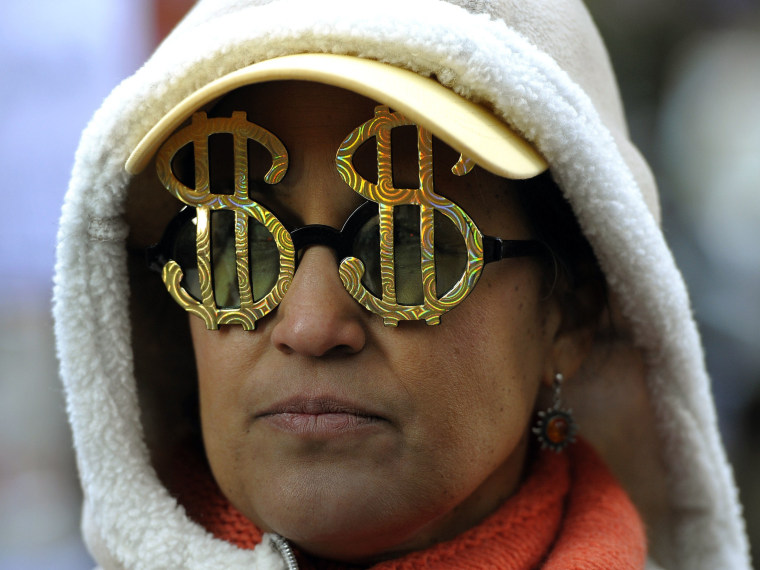If you're poor and hungry, you can apply for food stamps—though the program probably won't be enough to get you through the month. If you're poor and sick, there's always Medicaid—unless you live in the wrong state. For the working poor, raising the minimum wage or the Earned Income Tax Credit might help a little bit; but the unemployed are still out of luck, especially if unemployment insurance payments drop.
All of the programs mentioned above do something to help lower-income Americans, but they're all selectively targeted. None of them directly addresses the one affliction universal to all low-income Americans: they're poor. Nor do any of the above policies take the most obvious route towards mitigating that affliction: direct, unconditional cash transfers. But it turns out that the simplest way to make people less poor might be giving them more money.
The idea of a guaranteed living wage for all Americans, while most frequently associated with the left, has had its fair share of conservative and libertarian supporters. The American Policy Institute's Charles Murray favors replacing much of the existing welfare state with a basic guaranteed income, while Milton Friedman proposed a negative income tax which would serve the same function. Even Richard Nixon proposed something called the Family Assistance Plan in 1969, which would have traded a guaranteed minimum income for other welfare programs and a requirement that all recipients either work or take job training.
In recent years, Republicans have trended in the opposite direction, imposing more stringent conditions on our current welfare state instead of replacing it with a system of unconditional cash transfers. The Arkansas GOP, for example, is trying to get a bill passed which would require the unemployed to undergo drug testing before they receive jobless benefits. The Kansas legislature is attempting the same thing. Meanwhile, Tennessee Republicans want to "tether welfare payments to a child’s performance in school."
While Democrats have not gone so far in raising barriers to welfare access, they too seem to have accepted the idea that public assistance should come with strings attached. President Clinton imposed a work requirement on welfare during his time in office, and during the 2012 election President Obama defended himself against accusations that he had waived the requirement.
Compare that to Martin Luther King Jr.'s preference for a basic annual income that would be "pegged to the median income of society, not the lowest levels of income." Liberals have not just settled for less: they've settled for much less. Instead of any cash transfers at all, we're left with a baroque patchwork of meager, highly conditional modes of redistribution.
